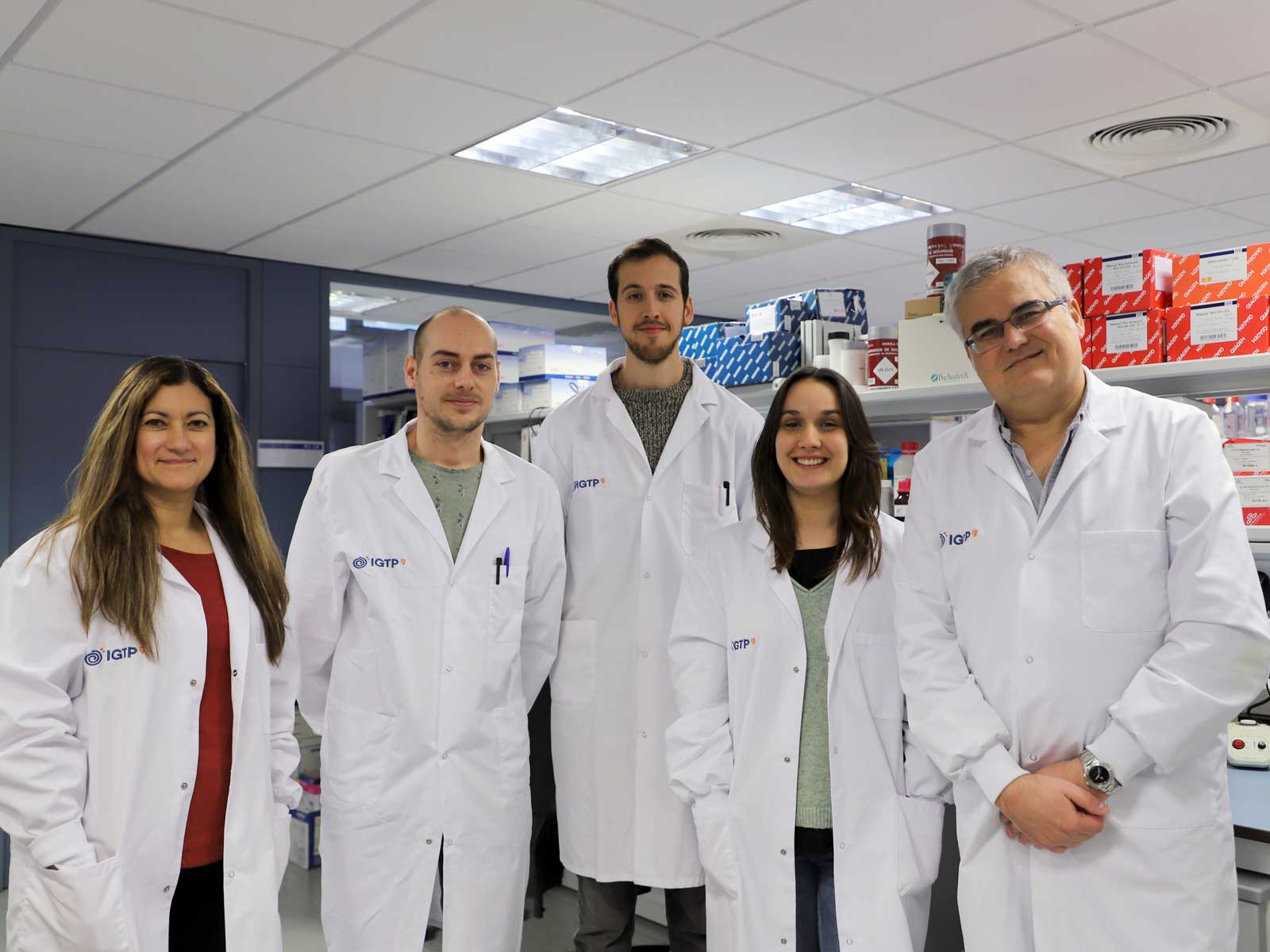A Retos-Colaboración project to develop gene therapy to treat Friedreich’s ataxia

The Retos-Colaboración Programme of the Spanish Ministry of Innovation and Finance is funding the development of an innovative gene therapy treatment for this hereditary neurodegenerative disease. The research is led by Dr Antoni Matilla and Dr Ivelisse Sánchez of the Neurogenetics Group at the IGTP.
The aim of the project is to develop and test a gene therapy vector, based on a new generation of adeno-associated virus, to provide a curative treatment for patients with Friedreich's ataxia. The Retos-Colaboración Programme was set up to finance experimental development projects in collaborations with companies and research organizations to promote the development of new technologies and the business application of new ideas and techniques as well as the creation of new products and services. The project, financed with a total of 945,000 euros, involves the IGTP; the IGTP spin-off company Biointaxis, set up by the IGTP researchers; and researchers from the Marqués de Valdecilla Research Institute.
Friedreich's ataxia is a neurodegenerative disease, one of the group considered to be rare diseases. It mainly affects the capacity to develop movements, such as walking, talking or swallowing and it gets steadily worse until the patient is incapacitated and loses all personal autonomy. There is no cure for the disease, although it is known that it is caused by a defect in a gene producing a protein in the mitochondria called frataxin. A deficit in this protein damages the neurones of the spinal cord and the cerebellum, killing them off progressively. The Neurogenetics Research Group at the IGTP has worked on this type of ataxia since 2014.
The first candidate vector developed is FRATAXAV and it has passed the first pre-clinical proof of concept tests in vivo and is licensed by the IGTP to the spin-off Biointaxis. With this first drug developed, Biointaxis pursues its main objectives to "avoid the initiation or detain the progression of the disease and recover capacities for movement in affected patients and relieve the ataxia, the main symptom" explains Dr Matilla. "With the Retos-Colaboración project we are closer to bringing the therapy to clinical phases," he adds.
